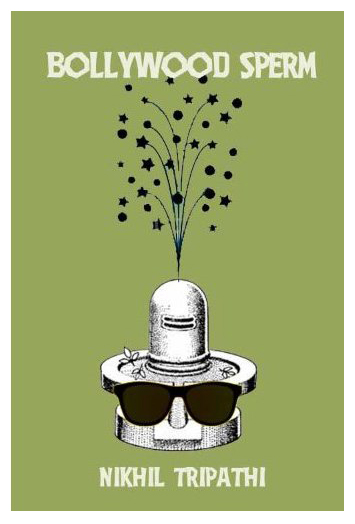“In my work with the defendants (at the Nuremberg Trails 1945-1949) I was searching for the nature of evil and I now think I have come close to defining it. A lack of empathy. It’s the one characteristic that connects all the defendants, a genuine incapacity to feel with their fellow men.
Evil, I think, is the absence of empathy.”
Quotation: Captain G. M. Gilbert, the prison psychologist assigned to the defendants at the Nuremberg Trials
———
The victim of the brutal rape case in Delhi passed away. Like millions of my fellow countrymen I am seething with anger. I had little hope she will survive. My worry now is that nothing substantial will come out of this episode. Sure, the perpetrators of the crime will receive quick and severe punishment. The government will do that since it needs to escape the public anger. The decision to send the victim to Singapore was an outcome of careful thinking – a calculated move to avoid her death in a Delhi hospital. Or, any place in India. In the past 12 days many a careless politician has spoken their true self. The President’s son called the protestors dented and painted, while other leaders have asked for skirts to be banned in schools or girls to be married at a younger age to prevent assaults. I had to stop my wife calling them animals because I do not know of any animal that stoops so low. The ruling class in India is nothing but evil. They have no empathy for fellow humans. Another candle light vigil will bring nothing except smirks from the rulers. I may sound overly dystopian, but to me, India as it is today reflects Orwell’s Animal Farm.
I have little hope from the Indian on the street. Some are plain uncivilized, most think of issues and solutions in dangerously simple terms. Even the protests were not clean. Women were teased by the protestors. Many were simply furthering a political agenda. Which brings me back to the words of G.M.Gilbert. Other protestors are imbecile. They have suddenly woken up from their slumber and are enraged at this horrendous crime. “How could this happen in Delhi?” they ask. As if it is okay for this to happen in a far flung village.
And it does happen by the millions in India. Yes, I said millions. However, if you look at the reported statistics, India appears to be safer for women than USA. Or, for that matter safer than Germany and UK. This is a sign of an even deeper problem. Rape is the most under-reported crime given the taboo attached to it. It is comparatively less taboo to be a rape victim in USA and thus far greater percentage of cases get reported. Of the few that get reported, an abysmal number get convicted and even that can take years. Over the last four decades, reports of rape cases in India have increased from under 3,000 to over 20,000. The procedure of interrogation is undignified, with the victim often treated as a social outcast and subject to humiliation. Often, the victim faces character assassination and is made to appear promiscuous. As you move away from the urban centers, these numbers get worse. I do not have the references but it would not be too far from the truth to say that less than 5% of rape victims in India see justice. This is unforgivable. This is a sign of a corroded moral core. This is a sign of lack of empathy in people who wield power. This is a sign that we are not dealing with an incapable government machinery, but rather an evil one.
This particular rape may be singularly brutal in the physical sense, however it was no different in the moral sense from the hundreds of rapes that happen in India every day. Many are raped in plain sight of their family. Others are raped and paraded naked to teach them a lesson. Almost none of these are reported and far fewer catch the public’s attention. I cringe at the headlines that call for the latest victim as India’s daughter. If they really meant it such, in their hearts, they’d have awaken to the plight of the thousands of daughters who get raped every day.
Knee jerk reactions are the hallmark of both politicians and the public. Baying for the blood of the guilty in this one case will solve nothing. Saying that rapists will be castrated will do little. If only 5% get convicted, how does it matter what you do with them? Humans respond as they think. The political class has long believed and cultivated the practice of bribery. So deep is the internalization that they believe even the sorrow of death can be calmed with a bribe. Announcements of monetary relief for the Delhi rape case victim are coming in. I’d understand if the rulers gave some of their personal wealth. But they are only hurrying to give away public wealth. There is nothing wrong in monetary compensation, per se. But not all rape victims get this compensation. Heck, most don’t even get a decent hearing. The same politicians have their hands tainted with the blood of countless victims because they failed in their primary duty of enforcing law. What moral right do they have to distribute money now? And if they do, let the same compensation be given to each victim. But that will not happen because other victims do not bring political mileage.
What we are seeing is the hypocrisy of a nation – its rulers and its subjects – making a mockery of goodness. The question is: will this rape change the course of history as the rape of Lucretia?









Recent Comments